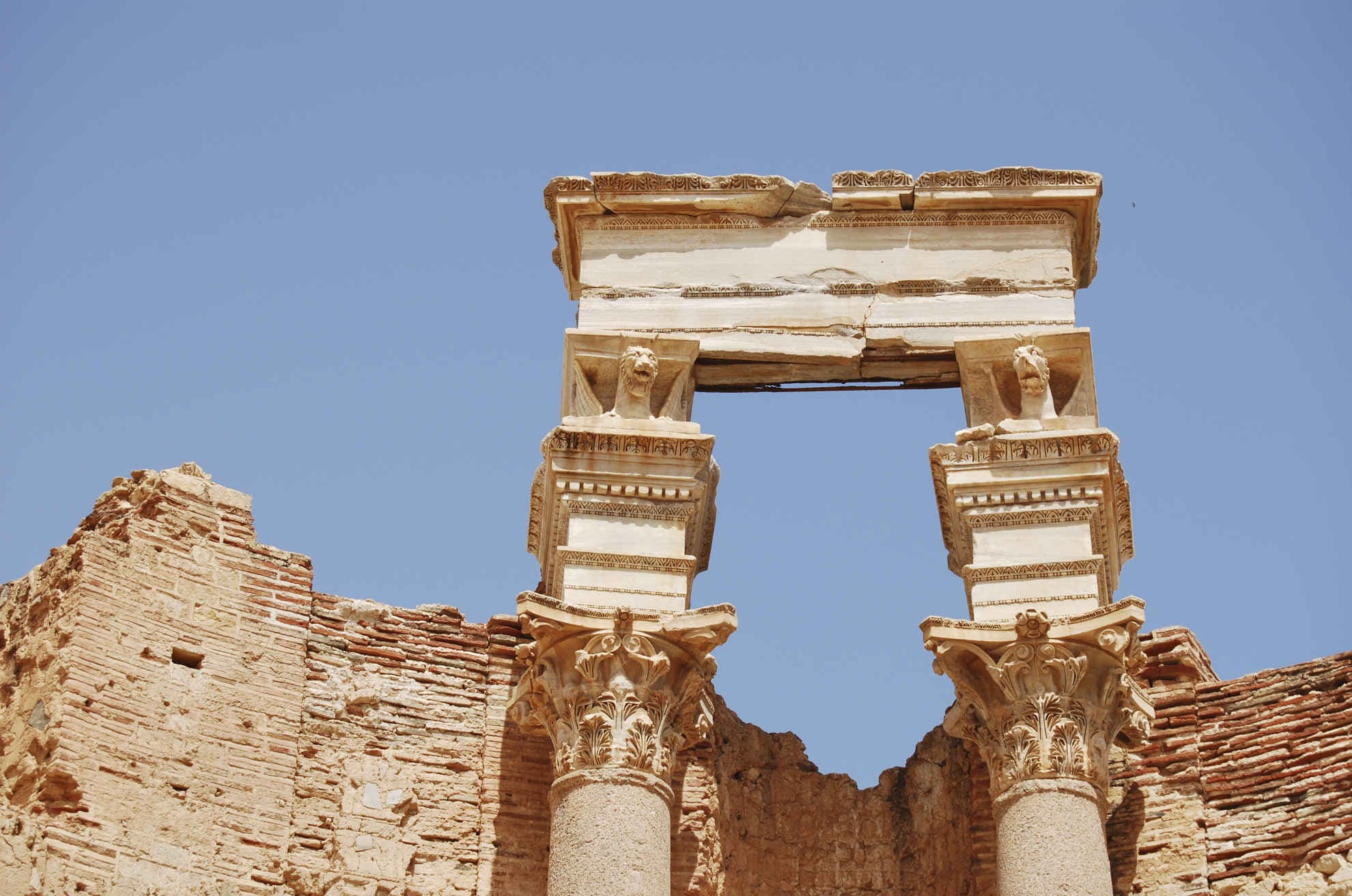Marina’s paper at the workshop “Understanding Ancient Women: New Approaches from Material Texts.”
During the last two days, our postdoctoral researcher, Marina Bastero Acha, participated in the international workshop “Understanding Ancient Women: New Approaches from Material Texts”, organised at the UW Faculty of History by Dr Karolina Frank (University of Warsaw) and Dr Grace Stafford (University of Vienna). Marina presented a paper entitled “Women at the Table: A Methodological Approach to Roman Banquets and Women’s Benefaction through Epigraphic Sources.”
You can have a look at the event’s programme under this link.
Marina’s abstract is here: The main purpose of this paper is to provide a historiographical, theoretical and methodological approach for the analysis of the banquets that were donated by women, as attested in Hispano-Roman epigraphy. There are twenty Latin inscriptions, most of which are from Baetica and date between the 1st and 3rd centuries AD.
The study of these banquets has several objectives. First of all, to examine the social status of women practising euergetism in their role as female devotees or priestesses, and to do so from a gender perspective. Secondly, to identify the motivations that led the benefactresses to make these contributions; among others, the celebration of a religious office or to honour a male relative. Finally, to look for parallels in the epigraphy of other provinces of the Empire, since women’s participation in these euergetic acts is hardly attested.
Observing the form and content of these inscriptions, we can confirm that the banquets were presented as communicative acts and spaces of sociability par excellence, and in which women played a crucial role as benefactresses. These events had a clear religious significance, as they served to share food between gods and humans, and responded to the needs of the local elites as well as those of the city’s inhabitants as a whole.
